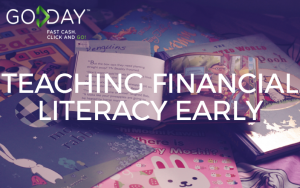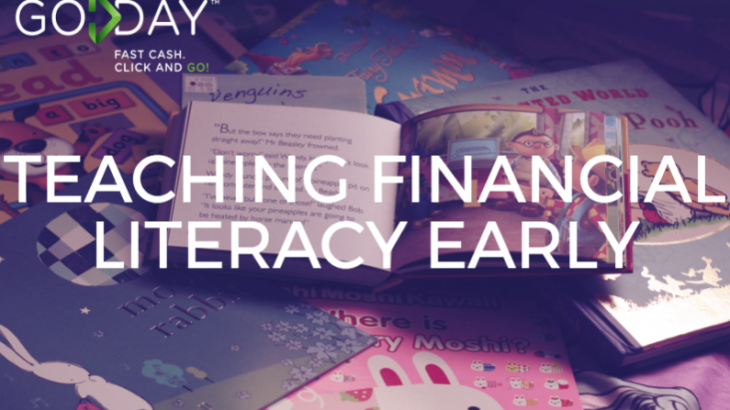
Growing up, how did you learn about money and financial literacy? Was it something you wished you had been taught earlier? When it comes to financial literacy a lot of people believe in hands-on experiences and teaching themselves with their own finances. And what about teaching your kids about money matters? We’ve previously talked about raising money-smart children and how these early money lessons can go a long way, which is why there is an ongoing discussion about educating children earlier when it comes to financial literacy.
That’s why earlier this year the Ontario Ministry of Education has plans to roll out a pilot “learning module” on financial literacy in high schools after a call to action from the Toronto Youth Cabinet says Metro Toronto.
To be incorporated in grade ten careers classes, making sure that students understand the basics of finance and at least know how to start saving money is of importance to students based on surveyed feedback and this is something in which the province also agrees.
Minister of Education, Mitzie Hunter said in a statement to the Toronto Star, “being financially literate is a basic skill I believe every student should be equipped with. Students should have the knowledge of how money works, how it applies to their everyday lives and to their future. We’re looking at different ways to further incorporate financial literacy into the curriculum to better prepare every student with the skills they need for life.”
Announced in November 2016, also known as Financial Literacy Month, the Ministry of Education put out a statement that included how Ontario is highlighting the various resources and supports provided to students across the province to improve their financial literacy. One of their calls to action was to embed financial literacy into subjects across the curriculum from Grades 4 to 12. This way students are given opportunities to learn about saving, spending and investing money, as well as how to be responsible consumers, how to protect their personal information online, and how to understand their financial roles and responsibilities in an increasingly complex global economy.
Now some financial experts argue budgeting should be taught by parents, rather than in a classroom and for a subject like financial literacy, the more knowledge the better. But there are also parents out there without any financial expertise, who are unable to provide in-depth knowledge about financial literacy and may not be able to cover all subject matter where as in school, students have equal access.This is especially crucial for students in high school starting part-time jobs and saving for post-secondary education to understand the cost of their future. And within a few years of high school student loans and credit cards are next.
If you have kids what do you think the best way to teach them about financial literacy is? Let us know in the comment section below.



